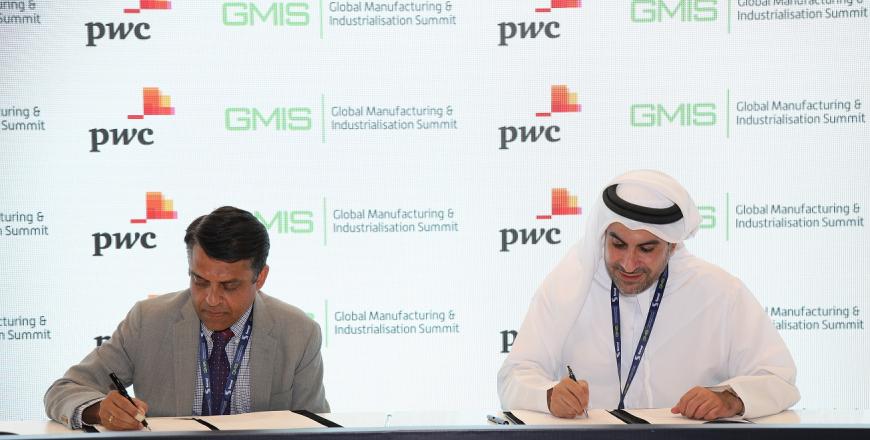You are here
STEM education key to levelling gender playing field, say women leaders at GMIS
By JT - Nov 23,2021 - Last updated at Nov 23,2021
DUBAI — Zimbabwe’s Minister of Industry and Commerce Sekai Nzenza on Tuesday credited access to education for shaping her leadership capabilities, and urged others to look beyond the headline “statistics that often blur, or do not reflect the true reality of African women, leaving out their knowledge, wisdom, and entrepreneurial spirit.”
Nzenza’s remarks came during a panel session on day two of the fourth edition of the Global Manufacturing and Industrialisation Summit (#GMIS2021) on Tuesday.
The summit celebrated female leaders in business and multilateral organisations and emphasised the importance of science, technology, engineering and mathematics (STEM) education in levelling the playing field for gender equality in a future workforce, according to a GMIS statement.
Highlighting the positive impact of technology on increasing women’s inclusion in male-dominated sectors, such as oil and gas, Fatema Al Nuaimi, CEO of Abu Dhabi National Oil Company Liquified Natural Gas (ADNOC LNG), said: “Technology is going to play a key role in enabling the integration of more and more women into the LNG sector, which has traditionally had challenging workplace conditions for women to operate in, as we explore remote field operations and integrating AI for automation.”
These industry transformations will require “talent regardless of its background,” she added.
Speaking on emancipating the job market, Chiara Corazza, special representative to the G7 and G20 at the Women’s Forum for the Economy & Society, said: “85% of jobs in 2030 do not exist yet, but STEM education will offer the same opportunities for our young boys and girls, because talent has no gender.”
“There is a leaky pipeline for women talent in STEM,” said Ayumi Moore Aoki, founder and CEO of the global NGO Women in Tech, referring to the lack of women who receive STEM education without entering the STEM workforce, and the subsequent loss of interest in STEM subjects among teenage girls.
She added that women need to be encouraged into leadership from a young age, “from classroom to boardroom, we need to teach women to become leaders”.
For her part, Tiffany Kelly, founder and CEO of Beyond Bamboo, an online marketplace and wholesale platform for sustainable and ethical products, said: “We need to look at a culture change, and move away from the parasitic view of leadership and towards inclusive leadership standards that encourages collaboration and partnership.”
Jan Ward, CEO of industrial parts maker Corrotherm, said: “Ultimately, if you don’t have diversity, you don’t get diversity of creativity and understanding.”
Under the theme “Rewiring Societies: Repurposing Digitalisation for Prosperity”, #GMIS2021 convened key global leaders from government, business and civil society to discuss how data and connectivity are shaping the future of the manufacturing sector while presenting opportunities for investments in technology, innovation and industrialisation, according to the statement.
Related Articles
DUBAI — PwC, the global professional services firm, and the HYPERLINK "http://gmisummit.com/" \h Global Manufacturing and Indust
DUBAI — The fourth edition of the Global Manufacturing and Industrialisation Summit (GMIS) concluded Wednesday with an announcement launchin
AMMAN — Under the patronage of Sheikh Mohammed Bin Rashid Al Maktoum, Vice President and Prime Minister of the United Arab Emirates, and Rul


















